Oscar Vault Monday – Skippy, 1931 (dir. Norman Taurog)
I first saw this movie during that crazy month of February in 2011 when I watched 131 films in 28 days. That was a good month. Jackie Cooper, the star of this film, died just a few months after I watched it. Skippy was inspired by a very popular comic strip from the era by Percy Crosby. I could see how the film today might be a tough watch for modern audiences. It’s a bit rough as it was made during the sound transition and it shows aspects of American life we try to forget existed (although they still exist). I mean by this, child abuse and classism. Only one of the parents int he film (from the wrong side of the tracks, natural) appears to be what we would call abusive, most of the adults treat the kids rather harshly. This can be jarring in an era where, if you saw someone talking to their kid they way they do in this film, you’d probably interfere. Skippy was nominated for four Academy Awards, winning one: Best Adapted Screenplay, Best Actor, Best Director (won) and Best Picture. The other films nominated for Best Picture that year were East Lynne, The Front Page, Trader Horn and winner Cimarron.
Norman Taurog won Best Director at the age of 32 and remains the youngest winner in Academy history. He went on to direct six films starring Dean Martin and Jerry Lewis, as well as nine film starring Elvis Presley – more than any other director. He was nominated for Best Director again for 1938’s Boys Town, for which Spencer Tracy won his second of two back-to-back Best Actor Oscars. The film was written by Joseph L. Mankiewicz, Norman McLeod and Sam Mintz. McLeod went on the director nearly fifty films over the next three decades. This was Mankiewicz’s first of eight Oscar nominations in various categories. He would go on to win back-to-back Best Director Oscars for 1949’s A Letter to Three Wives and 1950’s All About Eve.
Jackie Cooper plays the titular Skippy. A young boy from the right side of the tracks who likes to scam his parents and play with the kids who live on the other side of the railroad tracks in shantytown. During one of those adventures he meets new kid Sooky, who at first he fights and then later becomes inseparable. Cooper certainly feels like a child actor of his time and I could see how many might not like his style now. However, having seen maaaaaaany films of this era, I think Cooper gives one of the better child performances in this style. The Academy certainly thought so and Cooper hold the record for youngest Best Actor nominee, for which he was nominated when he was 9 years old. He was the youngest nominee ever until Justin Henry at the age of 8 was nominated int he Best Supporting Actor category for Kramer Vs. Kramer. Cooper’s got great chemistry with the entire cast and I definitely think he’s got the charisma to carry an entire film. He’s cheeky through most of the film, but when he needs to be grave, he’s got the chops to pull that off as well. Apparently, during the scene in which SPOILER Skippy and Sooky are told their dog was put down, in order to get the reaction he wanted from the boys, Taurog told them he really was going to kill the dog. That sounds pretty awful. Taurog was Cooper’s cousin and the two reportedly did not get along after the incident. Cooper’s also really great opposite Wallace Beery (in an Oscar-winning performance) in The Champ.
Robert Coogan (brother of Jackie Coogan from The Kid) plays Skippy’s best friend Sooky. The two boys get into misadventures, including trying to get ice cream and breaking the dogcatcher’s window. This causes the film’s main focus: getting money to retrieve the dog from the pound; they need $3 to pay for its license.
That’s a lot of money in during the depression. I don’t want to spoil too much, but their first attempt at rescuing the dog fails, and they have to resort to odd jobs in order to get the money.
I love this part because it reminds me of the kind of things I did as a child when I wanted money. I remember one time my friend Tara and I went door to door selling rocks. Yes, rocks. We made enough money to each buy a candy bar. It was a good day. I think this film captures that entrepreneurial spirit that kids often have quite well.
Mitzi Green plays Eloise, Skippy’s neighbor. She’s sort of the comic relief of the film. At one point she recites a poem she wrote about her dead doll. It’s as awkward as one would hope. I really love her Louise Brooks bob! Green continued to work in Hollywood until 1955, including playing a stuntwoman on a television sitcom called So This is Hollywood.
Willard Robertson plays Skippy’s father, who is the head of the Health Department. The B-plot in the film is that everyone in shantytown will soon have to relocate because the Health Department as deemed the place unlivable. Skippy attempts several times to convince his father to help the residents, rather than kick them all out. This part of the film has not-too-subtle political undertones, as we find the country deep int he Great Depression.
Enid Bennett plays Skippy’s sympathetic mother, who while softer than her husband, is really no push-over, but also not too tough. Although unlike her husband, she tries to listen to what Skippy is saying, she often misinterprets his intentions. There’s one particularly bittersweet scene where she thinks she’s going to cheer Skippy up with a bicycle, when really he had wanted money to save Sooky’s dog. Bennett came from Australia who made 40 films from 1916-1929, but after the introduction of sound only made seven films before retiring in 1941.
Posted on August 5, 2013, in Oscar Vault Monday and tagged 1931, Enid Bennett, Jackie Cooper, Joseph L. Mankiewicz, Mitzi Green, Norman McLeod, Norman Taurog, Robert Coogan, Sam Mintz, Skippy, Willard Robertson. Bookmark the permalink. 1 Comment.


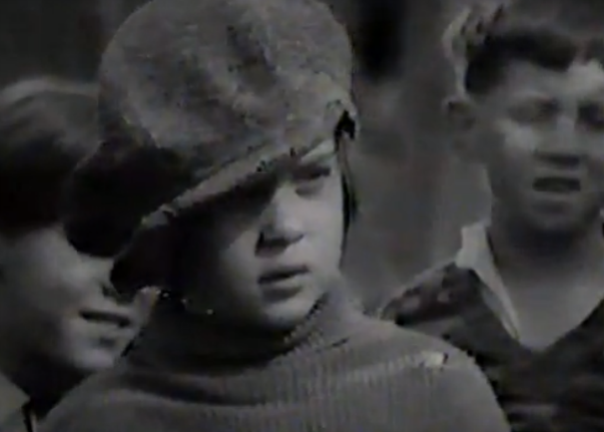







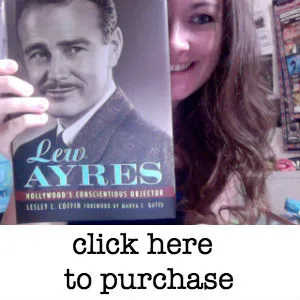

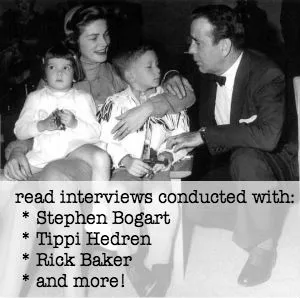
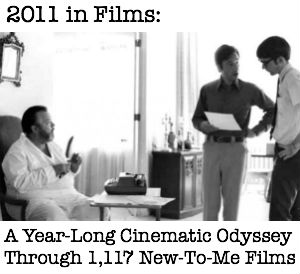
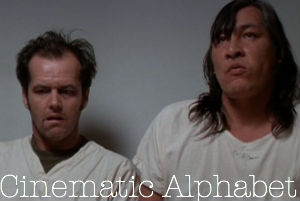

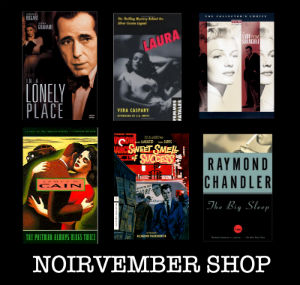








Pingback: Oscar Vault Monday – The Champ, 1931 (dir. King Vidor) | the diary of a film history fanatic